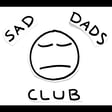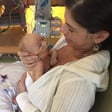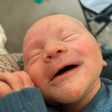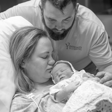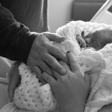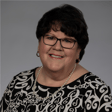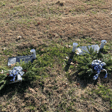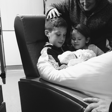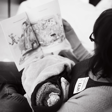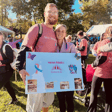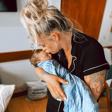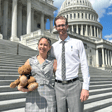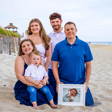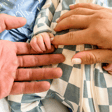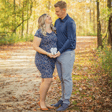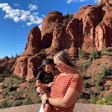
Noah's Story
Melanie is a health coach, personal trainer, yoga teacher and wife to the best husband, Pieter. They just moved to the US (Cape Cod) after living (and giving birth) in Switzerland.
Melanie’s pregnancy complications started during a routine 20 week ultrasound where they noticed some abnormal findings. After sending them for further genetic testing, her son was diagnosed with a rare mutation of Noonan Syndrome. Originally, doctors told her of another family whose child had the same mutation and was thriving, so they expected Noah to have a good outcome. Unfortunately as her pregnancy progressed, she had to be hospitalized for one month prior to her son’s birth at 31 weeks, where he passed away after a short stay in the NICU.
After the loss of their son Noah, she decided to specialize in prenatal and postpartum fitness. After the recovery from a C-section, she made it her new mission to help other angel and rainbow mothers in their journey towards physical, mental and emotional healing.
Melanie practices out of the Center for the Spiritual Journey in Cape Cod, MA. https://csjcapecod.org/
She also has an instagram account where you can connect with her at MelsLifeLab:
https://www.instagram.com/melslifelab/
If you want to share your love to Mel and her husband, or perhaps want to share your own story of loss and healing, email us at storyteller@theblindsided.com
